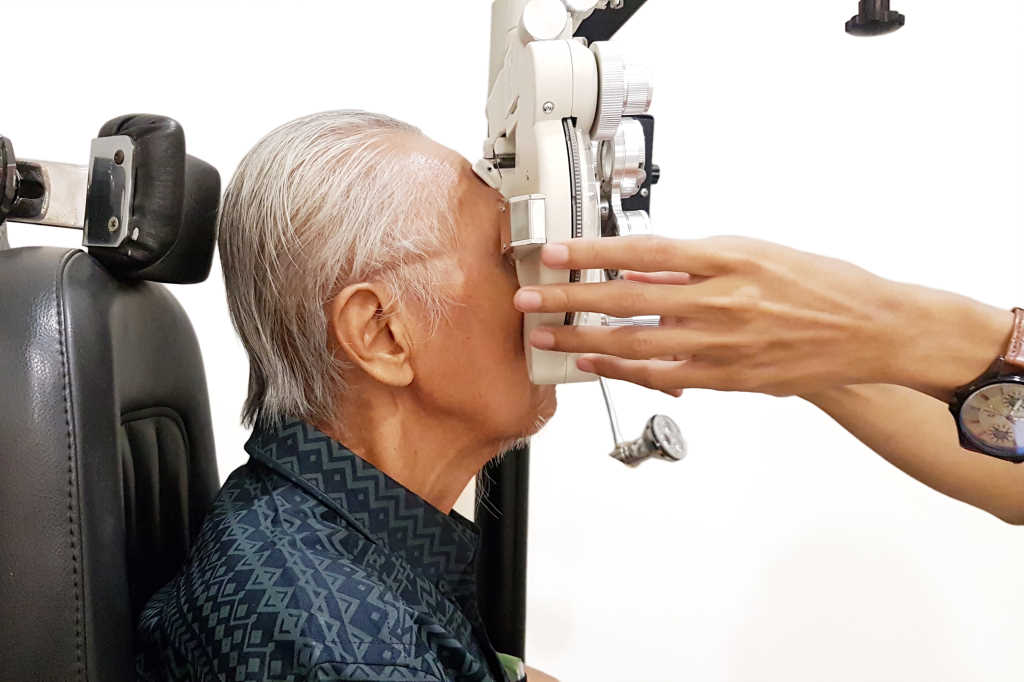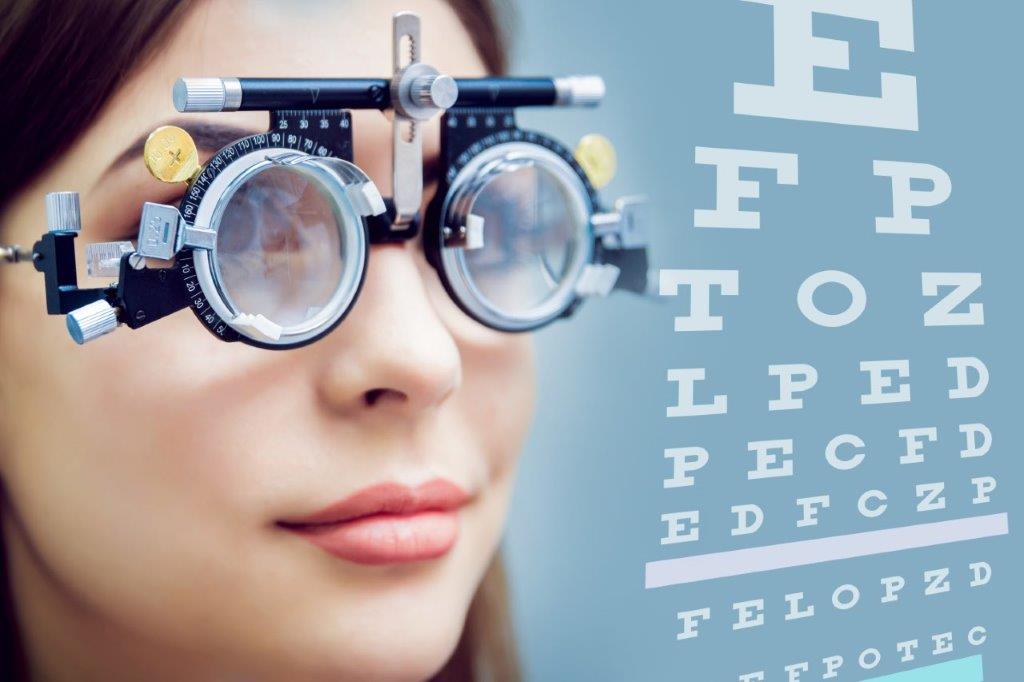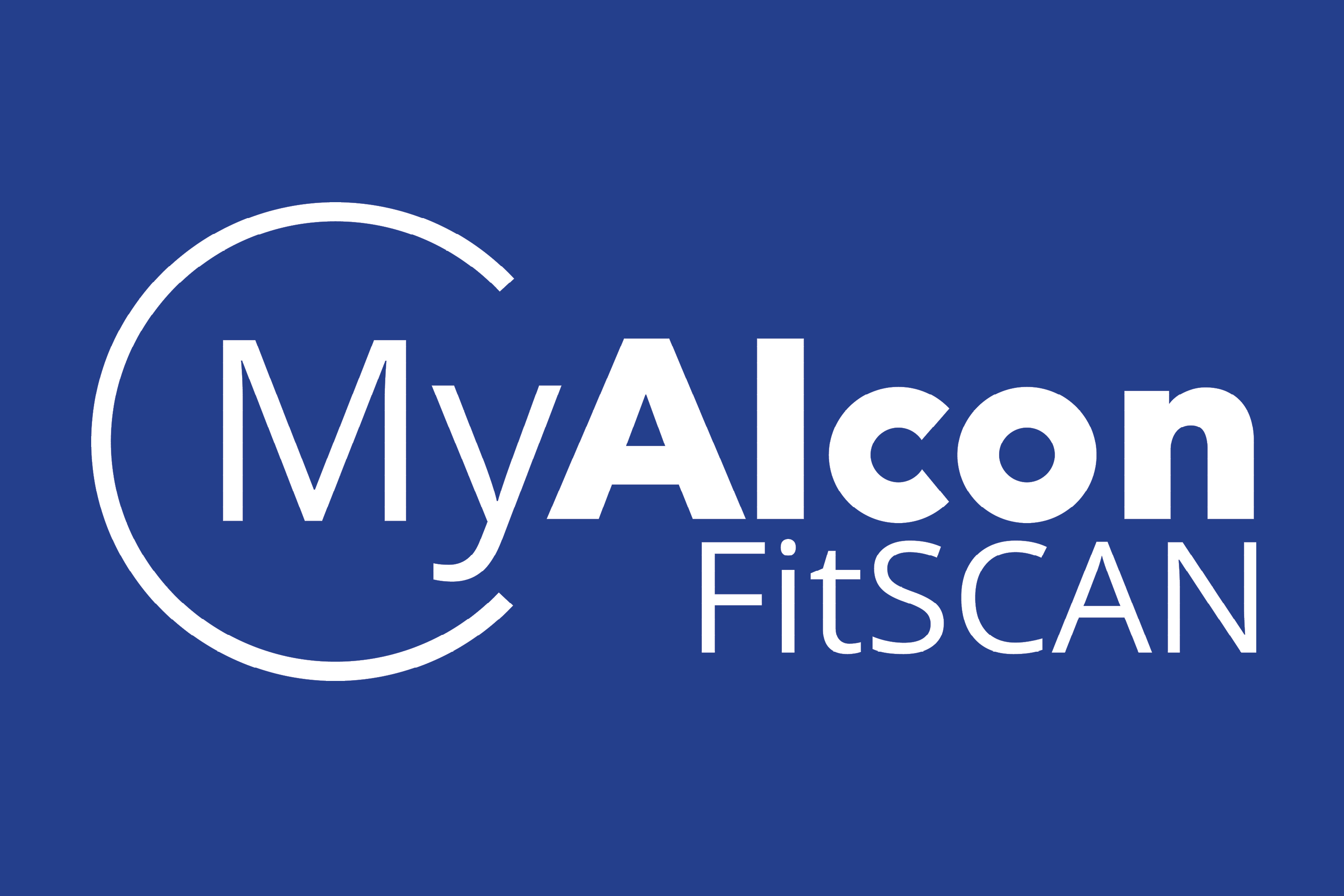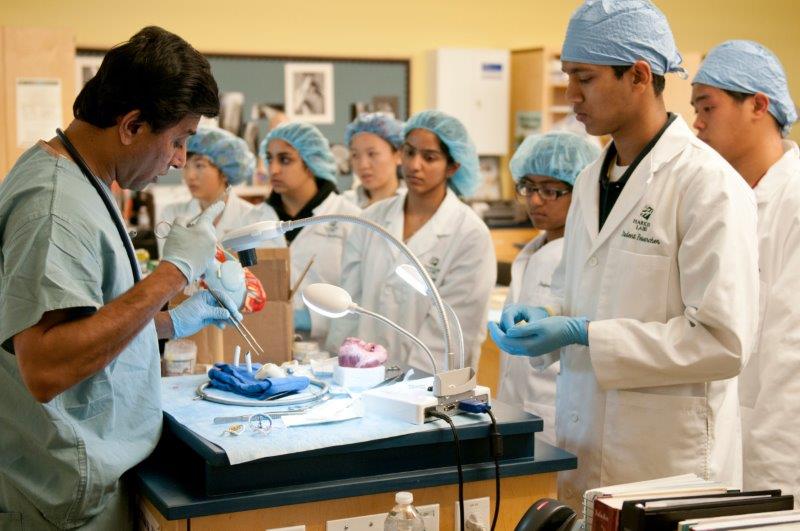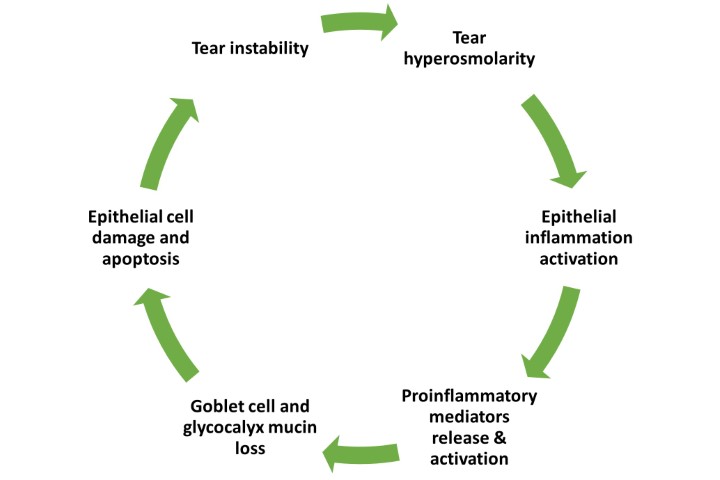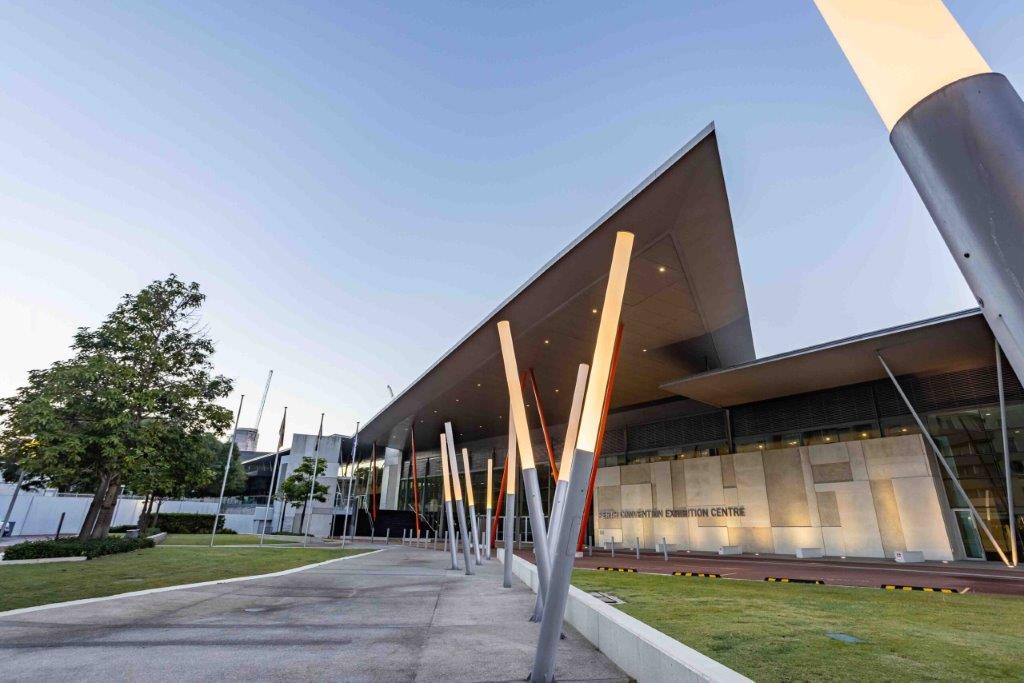Blind trust in the ODOB?
Since health regulatory authorities (RA), such as the Optometrists and Dispensing Opticians Board (ODOB) and the Dental Council, uphold the Health Practitioners Competence Assurance Act 2003 (HPCAA), one would assume all RAs should have the same interpretation of the law. However, this does not appear to be the case with the ODOB’s recent interpretation regarding the use of ‘Dr’ as a courtesy title for optometrists (see the ODOB’s letter in March 2024’s NZ Optics).
The ODOB and Dental Council have guidelines regarding the use of the title and both state that you cannot breach the HPCAA and Summary Offences Act (SOA). However, the Dental Council has added that the use of a description, or stating qualifications after the use of the title, means a practitioner is not breaching either Act. The ODOB’s view, however, appears to be that it could be at best misleading and at worst illegal to use the title and thus breaches the Acts.
The ODOB published its guideline following my previous Chalkeyes article which referenced the use of the title and cited an article on the use of it in Clinical and Experimental Optometry¹,². As stated in the original paper, previous private correspondence with the ODOB confirmed my interpretation of the law and how to use this courtesy title legally. Unfortunately, a former registrar of the board and current board members have chosen a different interpretation of the law. This is a contentious issue and the ODOB has included a cop-out clause requiring an individual to seek independent legal advice if they wish to use the title, with the simple description ‘optometrist’ following their name. Reading between the lines, I believe the ODOB knows it doesn’t have a legal case if one uses the title in this way, which doesn’t breach the HPCAA and SOA, so it’s a shame it has taken this stance, rather than one that’s more supportive and better recognises the skills of New Zealand’s optometry practitioners.
This also compounds growing concerns, with several colleagues relaying criticisms of the ODOB to me demonstrating that some practitioners appear to be losing confidence in our regulatory body following a series of missteps. Here are just a few examples of practitioners’ feedback:
- A lack of consistency regarding the CPR NZQA standard required to renew an APC. Originally it was stated by a former ODOB registrar that only one of the two (6401 or 6402) NZQA standards would be required to renew one’s APC. However, that was overruled by the next registrar who stated both standards were required. Many practitioners had to complete the additional standard, which was costly and inconvenient, yet the ODOB was neither accountable nor apologetic for the stress its mistake caused
- ODOB holds practitioners to a high standard to ensure public safety, but it doesn’t appear to hold itself to the same rigour. The Covid-19 pandemic was difficult for many, but when practitioners received official communications from the ODOB with typographical errors, such as “Covid-18”, it was farcical and reinforced a perception of incompetence
- Various practitioners were surprised by the lack of authority the ODOB has over non-registered optometrists, such as The Optical Shop (published in NZ Optics’ February issue). The increasingly high APC fees are justified as “protecting the public” but the ODOB can’t even protect the public from threats posed by The Optical Shop’s tactic to offer DIY refraction technology. It was the court of public opinion that changed The Optical Shop’s decision to pull its DIY tech, not our APC fees
- Another common complaint was ODOB’s decision to increase APC fees - presumably so it has more in its kitty for legal fees given these were seriously depleted by the alleged mishandling of the specialist laser scope introduction. Practitioners are supportive of the increase in scope, but the legal costs incurred to benefit the five optometrists nationwide (reported at Parliament’s Regulations Review Committee) is disproportionate to the benefits gained³. According to ODOB’s most recent published annual report, it spent approximately $40K on legal fees
- With no explanation, the registrar has also become the ODOB’s ‘chief executive’. For more than a decade, there has been no board CEO only a registrar. So why now? Surely the salary increase that goes with this promotion is an inappropriate use of APC funds?
These issues raised individually could be considered minor but collectively it reveals to many of us a pattern of behaviour suggesting a disconnect between the ODOB and reality. The board appears to believe it has a right to be judge, jury and executioner, on one hand enjoying all the power yet on the other showing itself to have limited powers and a poor understanding of the situation and the needs of the country’s eyecare practitioners and the public we both serve. It needs to be kept in check and, as APC-paying practitioners, we expect and want the ODOB to be more accountable for its actions.
References
- https://www.nzoptics.co.nz/articles/archive/chalkeyes-salaries-when-aspiration-should-be-reality/
- Ng RJ, Martis RM. Benefits of adopting the courtesy title ‘Doctor’ by optometrists in New Zealand. Clin Exp Optom 2022, 105(1), 77-79.
- https://vimeo.com/showcase/10828818/video/751967663

Robert Ng is a co-director of Frith and Laird Optometrists in Auckland and a part-time teaching fellow at the School of Optometry and Vision Science at the University of Auckland.










